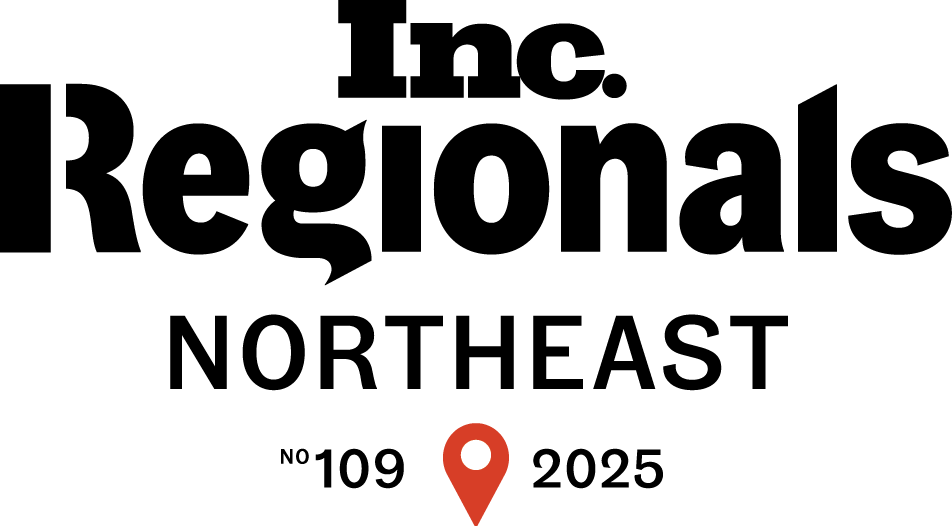Inside this Edition of the Freedom Energy Logistics Muni Minute
Freedom Energy Logistics | February 2023
Community Choice Aggregation
Energy costs continue to increase in New Hampshire. Community Choice Aggregation (CCA), also known as Community Power Aggregation, offers a potential solution that allows New Hampshire communities to control their energy supply costs. Created by the NH Legislature and recently authorized in regulation by the NH PUC, CCA enables cities, towns, and counties to become default providers of electricity supply in their communities.
What is Community Choice Aggregation ?
A CCA Program is an optional buying group organized by a municipality or group of municipalities to benefit electric customers. The program enters into an electricity supply contract for all residential and business customers receiving utility default service within a given municipality.
What are the benefits of Community Choice Aggregation?
- Maximize buying power: Maximize buying power through a group purchase of electricity Expanded Choice: Clients have expanded choices beyond the default electric utility rates.
- Price Stability: Ability to secure long-term rates and avoid market price volatility.
- Self-funded: No burden on municipal staff or local budgets, no costs imposed on non-participating consumers; program administration outsourced to Colonial Power Group (CPG).
- Ability to Opt-Out: Clients can opt-out at anytime without penalty and enroll with utility default service or another supplier directly.
- Maximize buying Leverage: Larger buying group attracts robust participation from leading suppliers.
- Consumer Protections: Contract terms and conditions superior to those offered by suppliers in direct-to-consumer transactions.
- Public Oversight: Suppliers and CPG are held accountable to town officials.
- Local Control: Objectives based on local community priorities.
- Professional Expertise: Retaining CPG ensures smooth roll-out and ongoing administration of the program.
- Product Options: Municipal clients can define their standard product plus offer other options.
Our Commitment to Supporting Community Choice Aggregation (Community Power Aggregation) in NH
Together with our CCA partner, Colonial Power Group, our team is committed to supporting New Hampshire municipalities wishing to explore CCA options. Recently, Bart Fromuth (Chief Execute Officer) and Stuart Ormsbee (VP of Power Supply Strategies at Colonial Power Group) participated in the Clean Energy and Lower Bills with Community Power event in Derry, NH. The event discussed how to participate in aggregation programs and their benefits.
Working with Colonial Power Group, the Town of Lincoln, NH moved forward with its Community Power Aggregation Plan. Late last month, the Town of Lincoln submitted its Community Power Aggregation Plan to the Public Utilities Commission for its review and approval.
To learn more, visit the Community Choice Aggregation section of our website.
Examining high energy costs in New England and exploring possible solutions
In our December 2022 newsletter, Dileep Prabhakar, Regional Sales Director, shared details and insight into the natural gas market and how New England can increase resiliency during scarcity. Enjoy these highlights from his article below, and view the entire newsletter article here.
At the beginning of 2020, natural gas was plentiful and readily available. Even in New England, where pipeline constraints push natural gas and electricity markets higher, the region could keep those risks primarily in check due to ample supply. However, in March 2020, COVID brought the world to a standstill, and natural gas hit lows not seen in 20 years. Because of mass re-openings in 2021, demand has severely outpaced supply leading to our current situation. Assuming New England cannot get pipeline infrastructure built and continues to be vulnerable to LNG shipment costs, what can the region do to lessen our reliance on natural gas?
Transition to nuclear power. Nuclear Power can produce a lot of electricity by splitting atoms with no carbon emissions and significantly reduce the region’s natural gas reliance.
Continue development of renewable energy resources. Hydrogen, solar, and wind must become more mainstream on a macro and end-user level.
Limit consumption during times of peak usage through demand response. Battery Storage is a great way to achieve this without clients having to shut down equipment.
Invest in the grid and powerlines. The PowerGrid needs to be updated and set up for the renewable future and the current infrastructure. In addition, the grid will need to be upgraded and secured nationwide to handle the changing infrastructure.
Convert to heat pumps at both the commercial and residential levels. Heat pumps are a great way to control the climate in winter and summer.
Each of the above supports the goal of carbon neutrality and the desire to move away from fossil fuels.
Supporting Local in New Hampshire
Earlier this year, the Freedom Energy philanthropy team was honored to visit Community Action Program Belknap-Merrimack Counties (CAPBM) with a donation for the energy program. Community Action Agencies provide Low-Income Home Energy Program (LIHEAP), also known as the Fuel Assistance Program (FAP), which offers qualified households assistance in paying their heating bills during the winter heating season. However, some situations fall outside the Federal Fuel Assistance Program Guidelines. With the increased cost of heating, CAPBM relies on community donations to help these families. During the visit, Leah Richards, Community Services Director, shared with the team that she received a call from an elderly couple who are slightly over income for fuel assistance and struggling with the high cost of medical bills. Part of the donation made by Freedom Energy will be used immediately to help this couple. To learn more about CAPBM and their work to help our community, visit them online at https://www.capbm.org/.

Pictured L to R: Elizabeth Heyward (CAPBM), Leah Richards (CAPBM), Sean Devine (Freedom Energy, Ashlynn Callery (Freedom Energy), Thomas Carter (Freedom Energy), Jeanne Agri (CAPBM)









Connect With Us